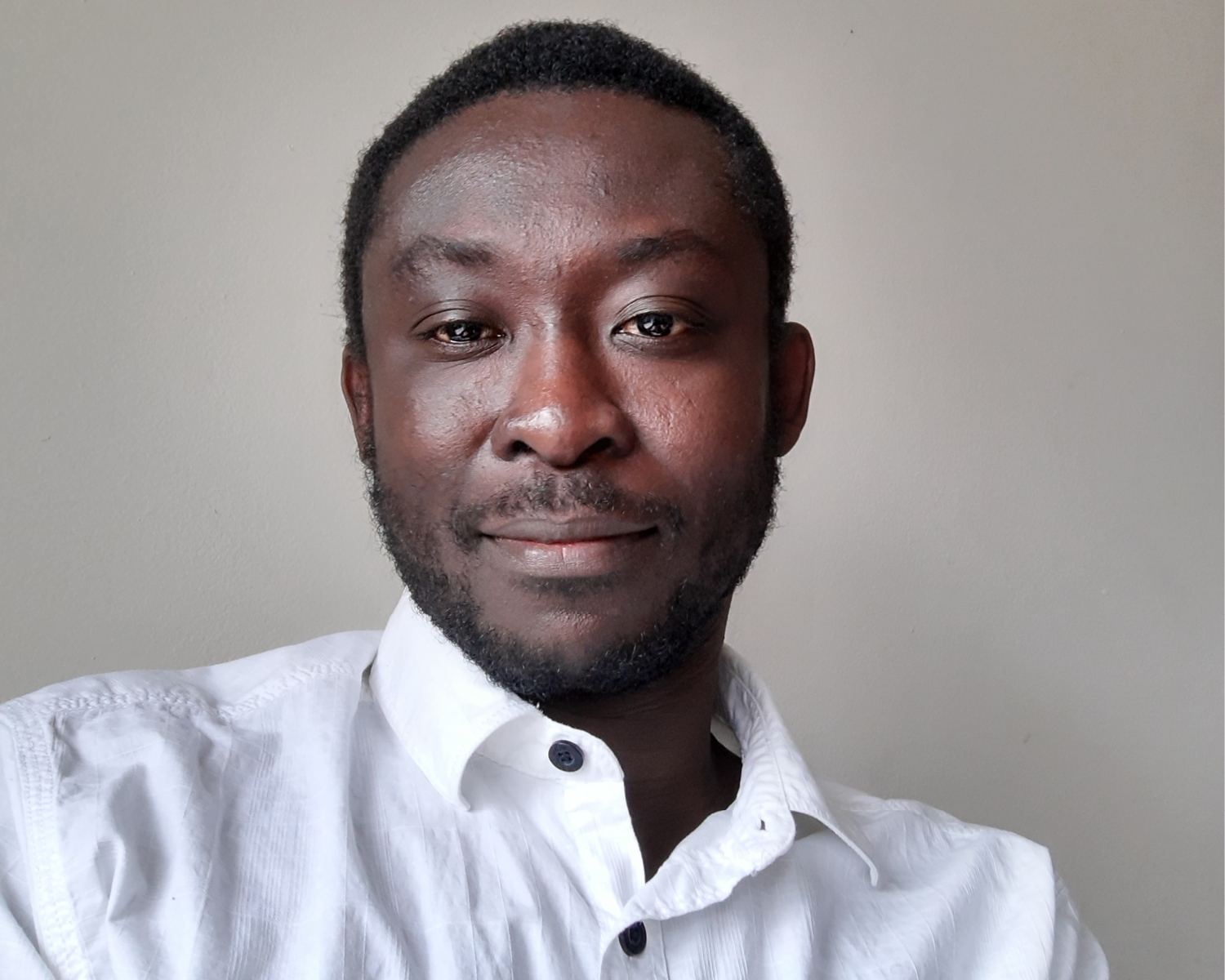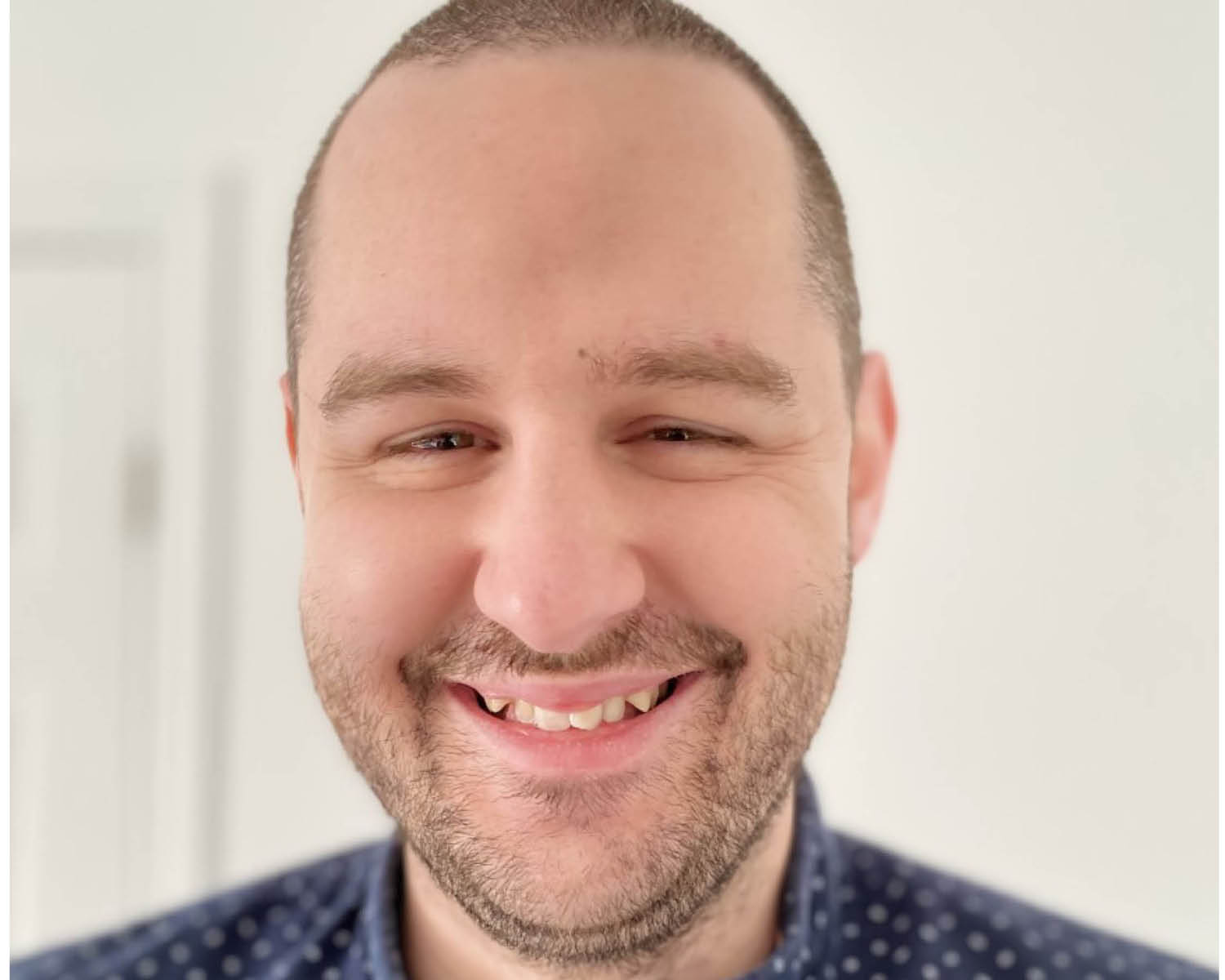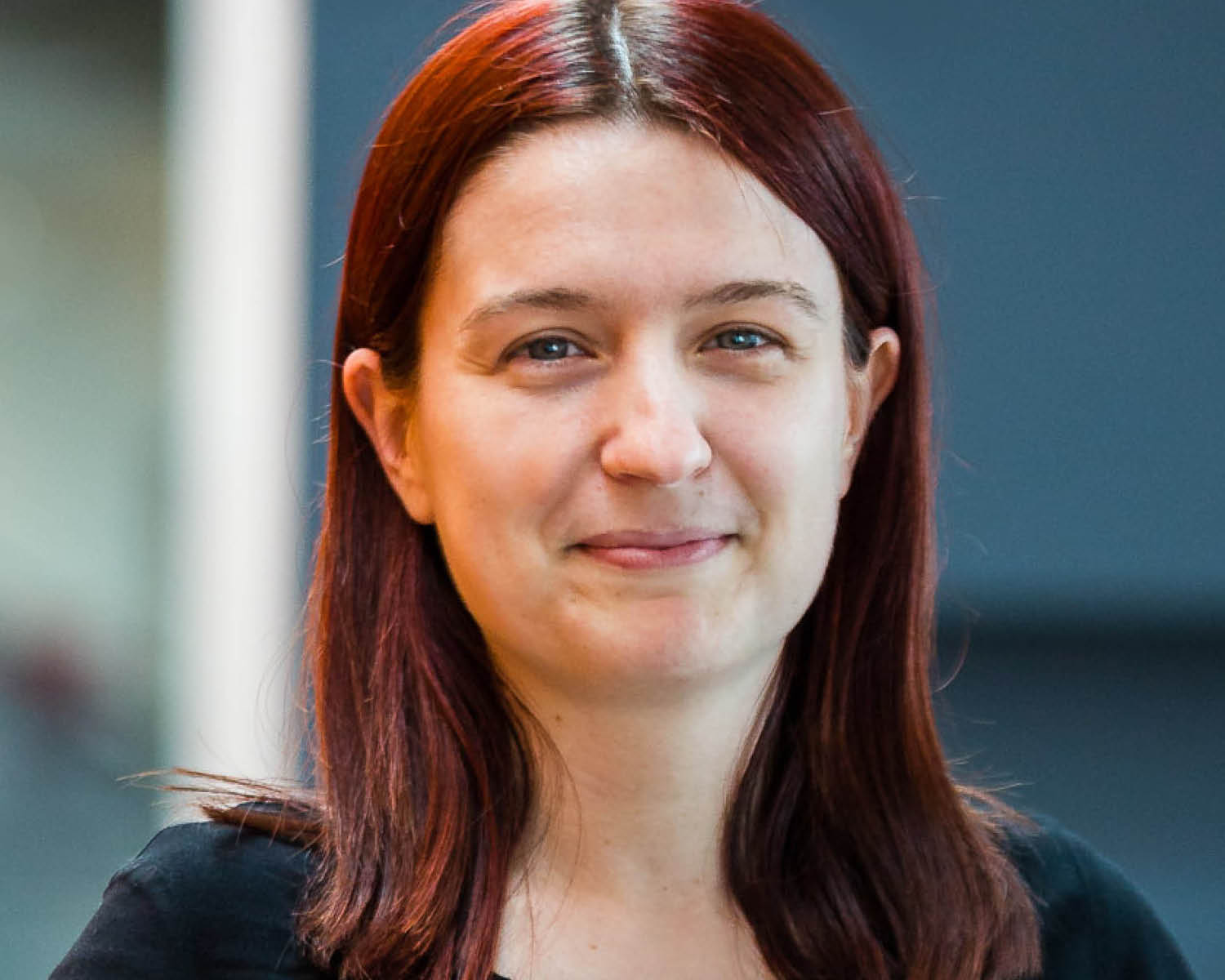
I see it as a crown to all the efforts I made in my educational journey. It highlights the importance and quality of the work that I did in my PhD and I am so happy that INRS has recognized it. This award will serve as a motivation and open different avenues for me in my future career.
Edward Owusu Kwarteng (PhD Virology and immunology 2019 ) | Under the supervision of Krista Heinonen | Award for the best doctoral dissertation, 2020
During his MSc studies in Paris Edward Owusu Kwarteng saw opportunity to broaden his knowledge on stem cell function in normal and disease states. He discovered a previously unknown mechanism showing that the attrition of blood stem cells is partly responsible for immunosuppression in chronic infections like HIV/AIDS. This supports the hypothesis that stem cell can be targeted to find treatment for chronic infections.
Edward Kwarteng will be pursuing a postdoctoral training in cancer metabolism.

To me, this prize was an acknowledgement of all the hard work that has led me to my professional career in the field of applied and regulatory sciences.
Olivier Fortin (M.Sc. Applied microbiology, 2018) | Best master’s theses award, 2018
“I have fond memories of my studies at INRS, which was crowned by the prize for the best thesis of my master’s cohort. To me, this was an acknowledgement of all the hard work that has led me to my professional career in the field of applied and regulatory sciences. It also shows the institution’s recognition of my academic work and presents an opportunity to inspire future cohorts of students: have faith in yourself and shine without limiting yourself!”

Receiving an award of excellence is a memory that I still cherish today. As a professional, it helped me gain self-confidence and take ownership for my successes.
Hélène Carlettini (M.Sc. Applied microbiology, 2015) | Best master’s theses award, 2015
“Receiving an award of excellence is a memory that I still cherish today. I wanted to deliver a quality thesis, in a year of changes that have taken me to new horizons. As a professional, it helped me gain self-confidence and take ownership for my successes. It is certainly an asset to access coveted positions in my field, in addition to having encouraged me to further improve myself academically. In short, it was a welcome pat on the back for me and I am now happy in my daily work with researchers and the next generation.”
